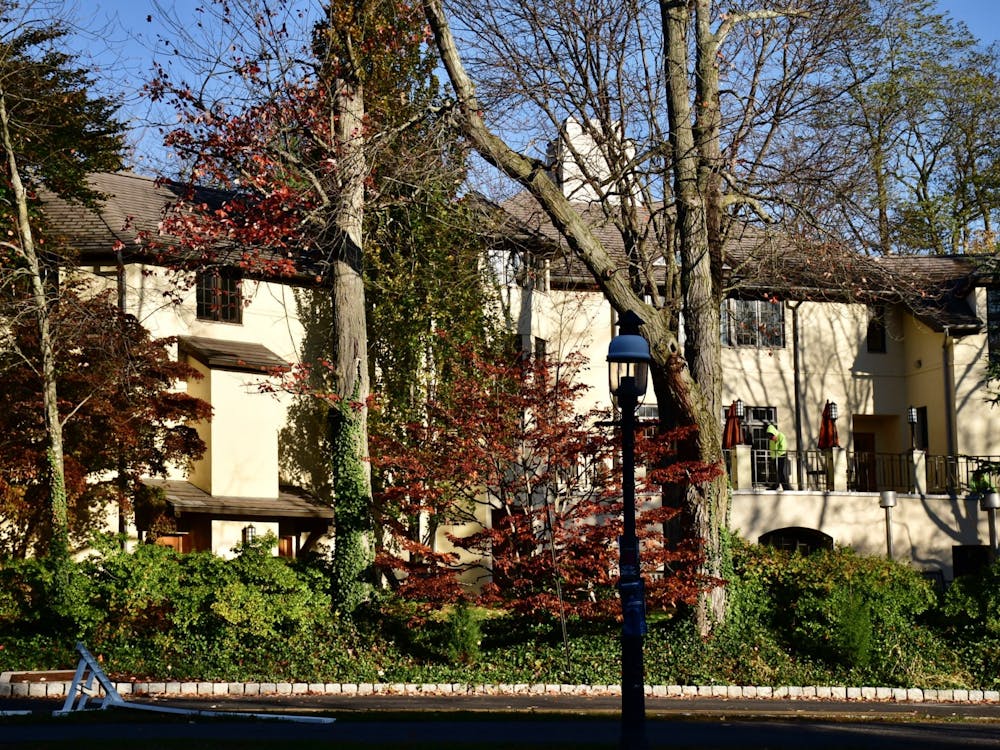(Monday, March 4, 2013)
I agreed to be interviewed because I was excited for the opportunity to elevate the issue of sexual assault in the campus consciousness and help spark student interest in related activism. However, I became frustrated when I realized that the “angle” was only going to be “Administration hides survey results!”
It is very common for administrative offices and committees (in this case the Women’s Center and SHARE) to issue surveys and conduct focus groups on a variety of issues from traffic patterns, to women’s leadership, to freshman orientation, to alcohol use and to any number of things that affect the campus experience. The data gathered from these surveys is always used to improve policies, practices and enhance resources. The 2008 survey is no different and has influenced the types of outreach and support provided on campus.
A more recent survey found that 1 in 8 undergraduate students reported being victims of power-based personal violence in a 12-month period [1]. This data has been widely disseminated on campus and is openly discussed in various forums.
The 2008 survey did show that the number of sexual assaults experienced by Princeton students was in line with national averages — a very significant result because students, generally speaking, were skeptical that sexual assault even occurred at Princeton. In 2008, the Women’s Center was funding and advising an activist student group called SpeakOut, whose efforts complemented those of the SHARE peer educators. SpeakOut aimed to bring awareness of sexual assault to the larger student body. SpeakOut wanted to be sure students knew that sexual assault was an issue at Princeton just as it is anywhere else, and hoped to galvanize the community to preventive action.
This was particularly challenging because then, as now, students see Princeton as a safe and singularly wonderful place. I’ve overheard students who conduct campus tours say as much. One proudly declared “Nothing bad ever happens at Princeton!” Well, generations of sexual assault and rape survivors among our alumni and far too many of our current students would disagree.
Unfortunately, SpeakOut has been inactive for the past few years. Before the March 4 article, student interest in the issue had waned. Based on the scores of comments that the article has inspired, I’m hopeful that the Princeton community is ready to respond to the issue of campus sexual assault with openness and action.
This figure is an estimate, based on a four-year trend of self-reported data by students who elected to participate in the American College Health Association-National College Health Assessment Survey II from 2009 through 2012. The figure is calculated using seven different variables of students’ experiences (attempted/actual sexual penetration without consent, sexual touching without consent, stalking, emotional abusive relationship, physically abusive relationship and sexually abusive relationship.)
Amada Sandoval
Director, Women’s Center








